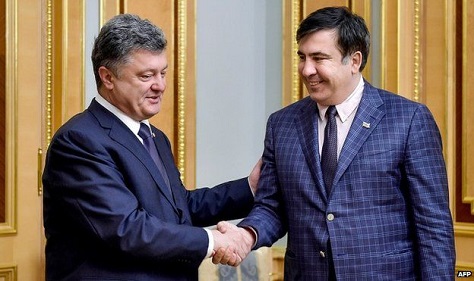No one in the history of the province of Québec is more responsible for the fact that, for a few fleeting moments in 1995, it seemed like Québec would finally win its independence as a sovereign state. ![]()
![]()
Jacques Parizeau, Québec’s premier at the time, was the leading light of the Parti québécois (PQ), and one of the leaders of the so-called Quiet Revolution that ended the decades of Duplessis-era parochial Catholic paternalism in the province. That revolution, in turn, shook loose pent-up energy for a new Québécois assertiveness that, by the 1970s, took the form social democratic welfare legislation, aggressive laws enshrining the dominance of the French language and, of course, the push for Québec’s independence.
Twice, in 1980 and again in 1995, the Québécois people voted on the question of leaving Canada. Parizeau’s movement lost the 1995 vote by the slimmest of margins, and his party has suffered increasing setbacks in the two ensuing decades. Today, the growing numbers of immigrants to the province speak native languages neither French nor English, and Québec’s youthful, English-speaking Millennials hold a less confrontational stance with respect to English Canada.
Parizeau died late Monday night at the age 84, an avowed sovereigntist until the very end and a would-be founding father of a nation-state that never emerged. Though he’ll be remembered for his sneering referendum-night comments that ‘money and the ethnic vote’ doomed the separatist effort, his career was far more textured than one night’s unfortunate comments. The new PQ leader, Pierre Karl Péladeau, elected just last month, used the occasion of Parizeau’s death to suggest that it will give Quebeckers an opportunity to reconsider — and embrace — the independence movement afresh. Continue reading Québec bids farewell to Parizeau, its would-be founding father

